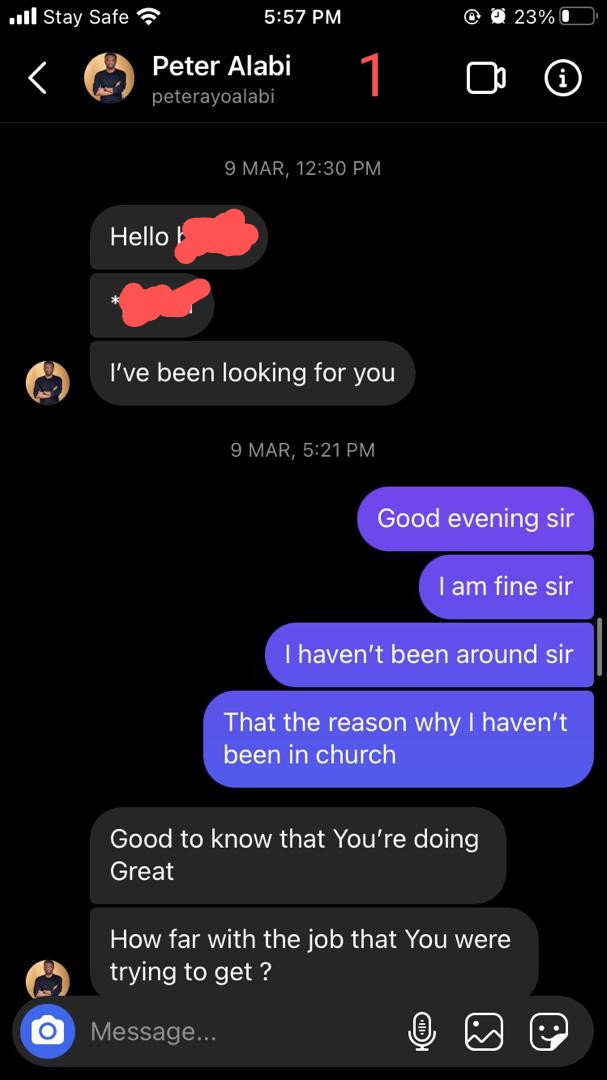This was grabbed from r/greatawakening on Reddit:
"Here's what it looks like when all the pieces are sewn together
It smells like conspiracy and treason. Everyone needs to read this. Slowly, and patiently, because it’s very important......
From 2001 to 2005 there was an ...
More from Conspiracy
Library update: https://t.co/UvQcjVtxP4

https://t.co/gInQuwg7aq

Remember to register in the Common Law
Common Law
Common Cause

That's where questioning lockdown took me, and this is where they're headed.
— Pharoah Maskfree McFlightrisk (@trestrange) November 8, 2020
Google these linked terms and ask why a reset has an off button.
Shhh...https://t.co/26ebWCY2Ru pic.twitter.com/j3Uvkt822b
https://t.co/gInQuwg7aq

Remember to register in the Common Law
Common Law
Common Cause




















